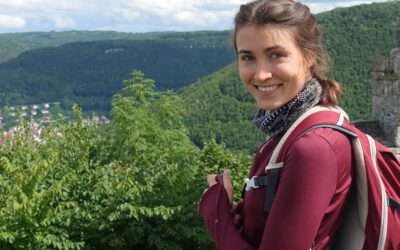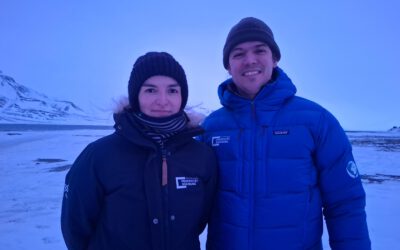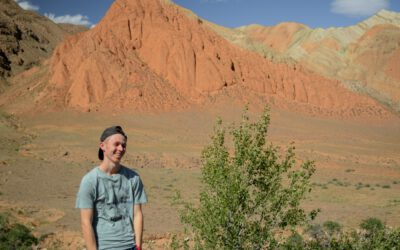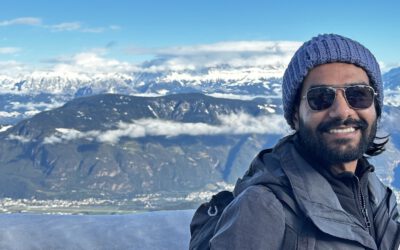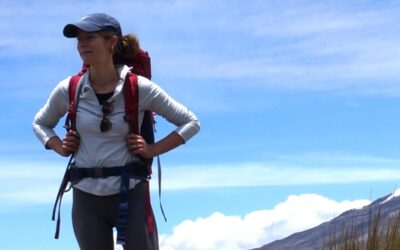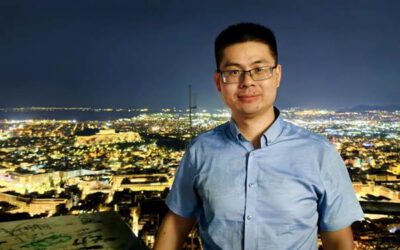Richard is a postdoctoral researcher at the Earth Observation Research (EOR) hub, in cooperation with DLR and the Chair of English Linguistics of the University of Würzburg. Richard studied a bachelor in biology and a Master in Geography in Mexico and he did a PhD in Geography in Germany.
Richards’ research integrates concepts and state-of-the-art methods from urban ecology, geoinformatics and natural language processing to generate evidence-based knowledge to contribute to understand the urban environment. He focuses on the characterization of the physical and social urban dimensions, integrating remote sensing and social media datasets, aiming to unveil complex interconnections and counterintuitive relationships between humans and their main habitat: Cities. His goal is to represent the inherent complexity of urban ecosystems to detect global regularities as well as fundamental differences between cities, to find the underlying properties driving their evolution. For him, cities are as much of a challenge as an opportunity towards sustainability.
Richard collaborates with research groups from Argentina, Chile, Colombia, Finland, Germany, Mexico, Spain, and the United States, in projects focused on land use change, urban heat islands, vegetation monitoring, spatial patterns of urbanization, land planning, urban ecosystem services assessment, human migration, social perception of the urban environment, and topic modelling.
Currently Richard is working in a research endeavour titled “A New Focus in English Linguistics: Geolingual Studies” funded by the Volkswagen foundation. The goal of the project (led by Prof. Carolin Biewer, Chair of English Linguistics and Prof. Hannes Taubenböck, Chair of Global Urbanization and Remote Sensing), is to address questions about the usage, perception, organization and evaluation of space by integrating theories and methods of English linguistics with those of remote sensing from geography. With this, a better understanding of the complexity of such spaces as large cities is aimed at. For the analysis of large amounts of data, methods from the areas of artificial intelligence and digital humanities are used.



